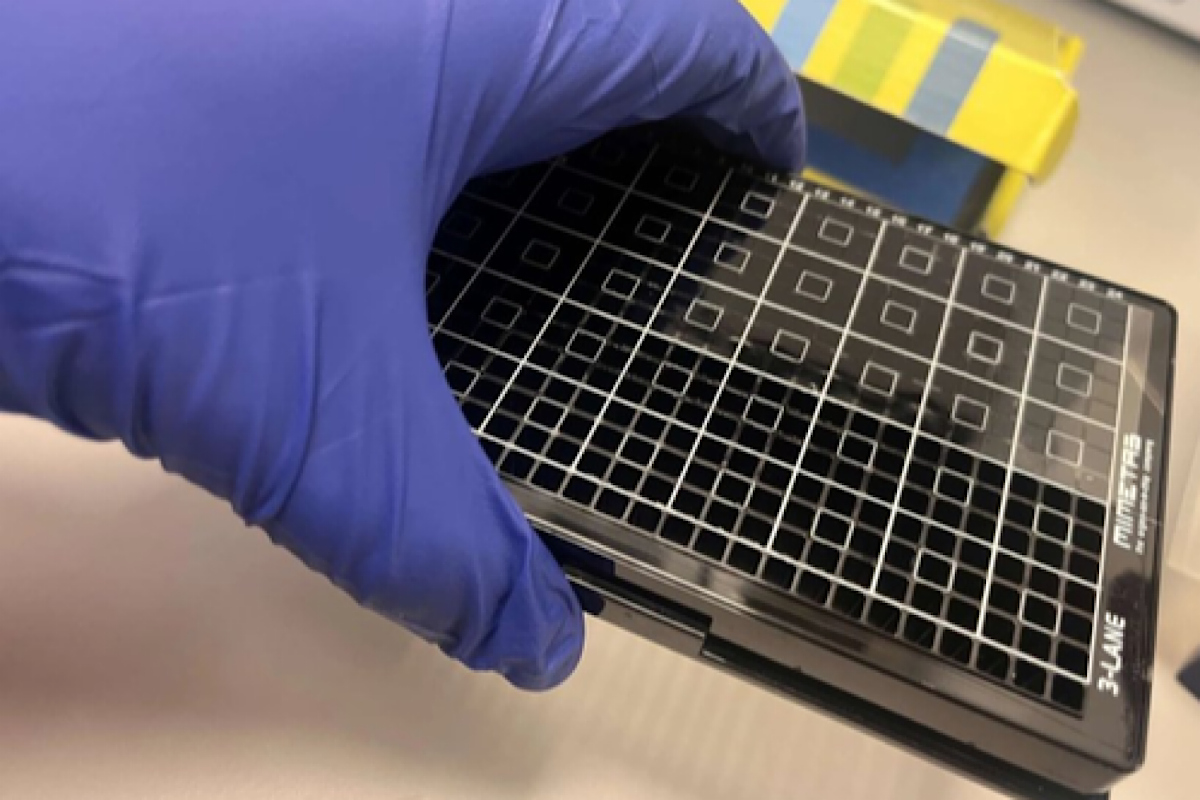Researchers have, in a breakthrough, developed a placenta on a chip that can potentially transform research into life-threatening conditions in pregnancy, such as preeclampsia caused by increased blood pressure.
Named iPlacenta, the model developed by a team at University of Dundee in Scotland, can help examine the workings of placenta in 3D for the first time without increasing the risk to a mother or her foetus.
The miniature models have been developed from stem cells, perfectly replicating the workings of placenta, which allows nutrients to pass from the mother to the foetus while allowing waste to return to the mother’s bloodstream; and also offers protection to the unborn baby against bacteria.
However, a failure by the placenta to function correctly can jeopardise the health and life of both the foetus and its mother.
The team utilised stem cells obtained from the skin to grow human placentas in their organ-on-a-chip platform OrganoPlate. Each plate can accommodate about 40 micro placentas, which can be utilised for testing without endangering the health of the mother or foetus or using animal research because they mirror the functions of the full-size organ.
Dr Colin Murdoch, who led the project at Dundee, said that the breakthrough technology could revolutionise research into conditions such as pre-eclampsia.
“Just a tiny fraction of the most common drugs used by women in pregnancy have excellent safety data behind them.
“However, iPlacenta can be utilised by the pharmaceutical industry to research the interaction between drugs and the placenta. This allows drug companies to look at the organ in a more physiological format and could have a potentially transformative impact on medical care for pregnant women,” he said.
Dr Murdoch and his team at Dundee started to work on iPlacenta in 2019 with Dutch 3D tissue model experts MIMETAS and their findings are detailed in a paper published in the journal Cell Press.
“Organ-on-a-chip technology is a giant leap forward in understanding the diseases of the placenta,” said Gwanaelle Rabussier, scientist at MIMETAS.
The project opens “tremendous opportunities for unravelling placental mysteries associated with placental barrier drug transfer and pathologies such as pre-eclampsia. This contribution to enhancing women’s health is a tremendous source of pride for us”, he added.
“We still know relatively little about pre-eclampsia, despite its potential to affect every pregnancy. At present, cell lines from cancer are used to examine diseases of the placenta but this is not entirely appropriate. Obtaining placentas at the early stage that we need to study them is incredibly hard, and that is where iPlacenta can address that need,” Dr. Murdoch said.











